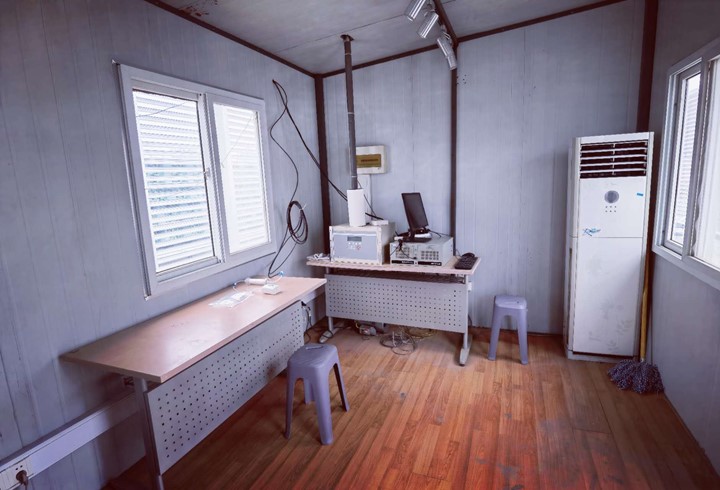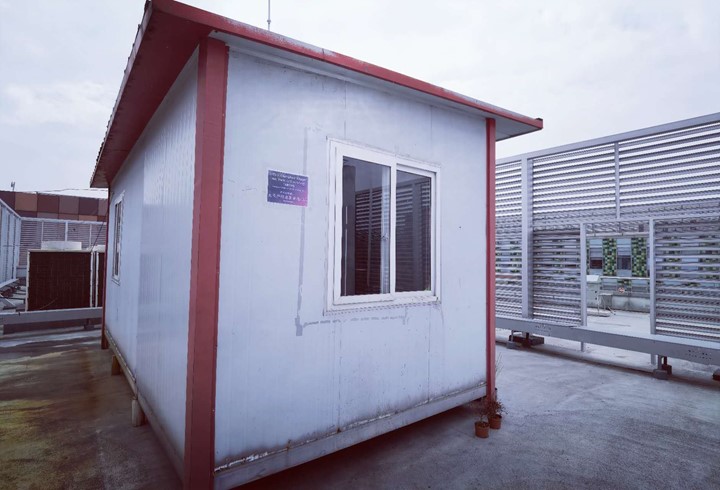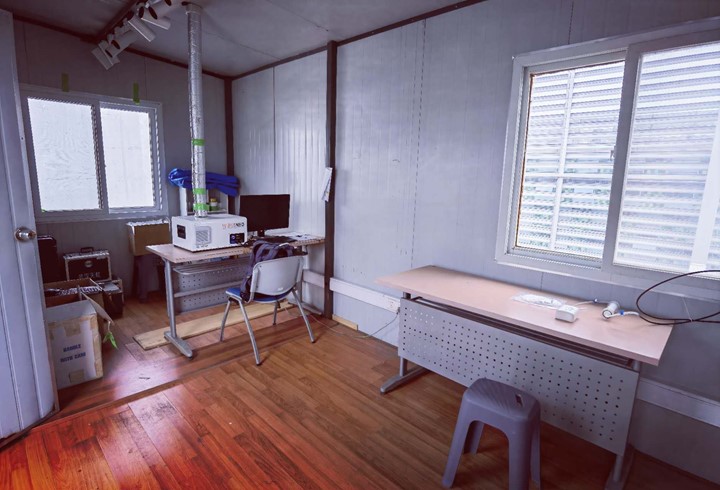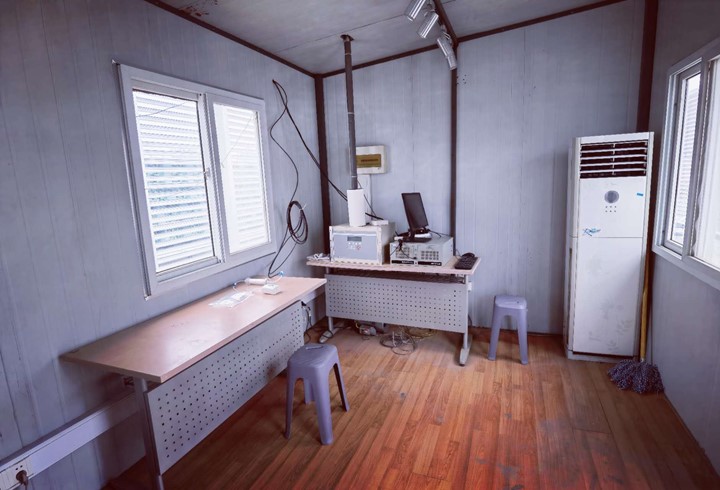Atmospheric Research and Teaching Observatory

All

- About
-
Labs and Spaces
- BIO Teaching and Research Labs
- CHE Teaching and Research Labs
- HES Teaching and Research Labs
- Suzhou Key Labs - 苏州重点实验室
- International Joint Frontiers Materials Frontier Research Lab
- Selenium Innovation Lab
- Outdoor Research and Teaching Space
- Atmospheric Research and Teaching Observatory
- Sci-iGEM
- AI4Health Suzhou Key Laboratory
- Suzhou Municipal Key Lab of Neurobiology and Cell Signaling
- Yuefengdao Ecology Station
- Suzhou Municipal Key Lab of Biomedical Sciences & Translational Immunology
- Suzhou Municipal Key Lab for Metabolic Syndrome Drug Research
- Suzhou Municipal Key Laboratory of Cancer Biology and Chronic Diseases
- Research
- Advanced Materials Research Center (AMRC)
- Global Partnerships
- Contact









The Atmospheric Research and Teaching Observatory (ARTO) is located on top of the Engineering Building on the north campus of Xi’an Jiaotong-Liverpool University (XJTLU), Suzhou, China (31.27472 °N, 120.7375 °E). It continuously records atmospheric observation data, including air temperature, humidity, pressure, and concentration of aerosol particles. With the help of this data, we hope to gain insights into how urban surfaces interact with the atmosphere above and the ground below.
ARTO is open for internal and external collaborative research and teaching activities, including air sampling, short-term or long-term continuous atmospheric observation, and other onsite experiments.
If you are interested in ARTO, please contact Dr Peng Zhao for more information.